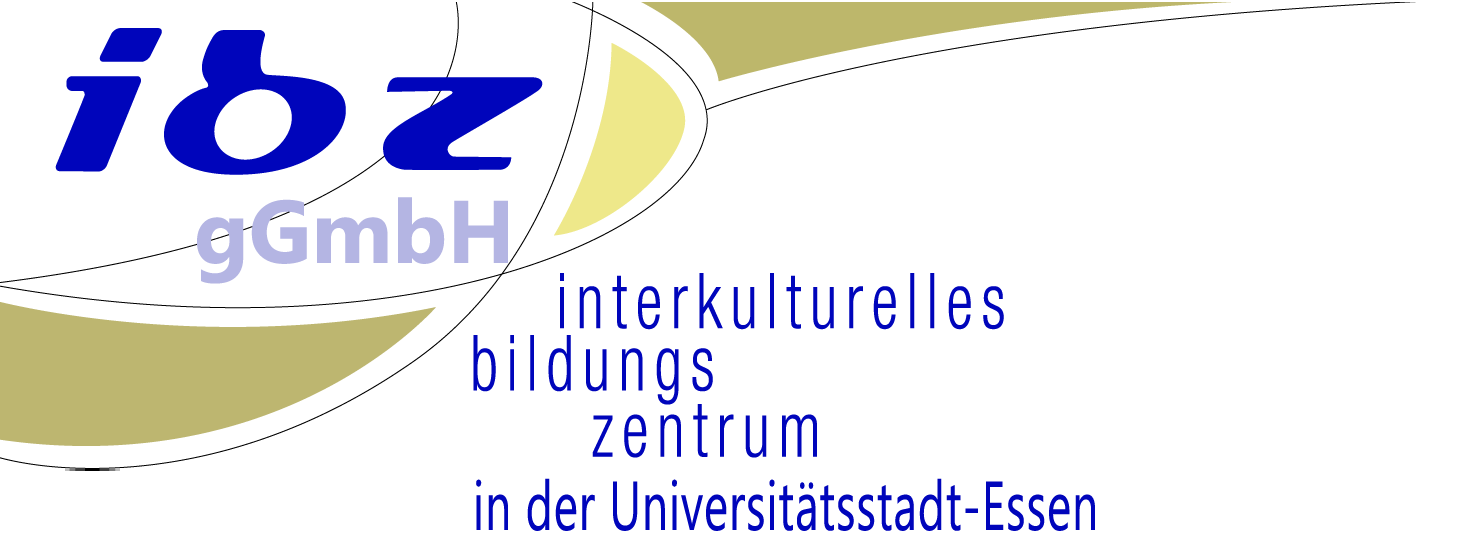DSH Examination
What is the DSH (Deutsche Sprachprüfung für den Hochschulzugang)?
The Deutsche Sprachprüfung für den Hochschulzugang (DSH) is a language entrance examination which serves to prove the German language skills required for university studies in Germany by foreign applicants. It can also be taken by applicants with a German passport who do not have a German language certificate.
At many universities, the prerequisite for taking the DSH is admission to a course of study or language course, but there are also an increasing number of “open” DSHs which are also open to applicants from outside the university who cannot (yet) show proof of admission.
The DSH is offered at many universities for a fee, with the price ranging between 40 and 150 €. At some locations, the examination may be repeated a maximum of two times. There must be at least three months between a failed examination and a repetition. Participation in a preparation course is recommended. At other locations the exam can be repeated without restriction.
Structure of the DSH
The DSH consists of a written and an oral examination. The written part examinations take place before the oral part. To pass the overall examination, both partial examinations must be passed, but the overall result is not averaged. For example, in order to reach the level DSH 2 which is usually aimed at, both parts of the examination must be passed with at least the result DSH 2. Examinees who have reached DSH 3 in the written part of the examination but only pass the oral part with DSH 1 also reach only the level DSH 1 in the overall result.
The pass mark for each partial examination is 57 %, between 67 % and 81 % the level DSH 2 is set, from 82 % DSH 3.
As a rule, a monolingual dictionary may be used for the written part of the examination. It lasts three to four hours and covers the following areas:
1.understanding and processing of a listening text
2.understanding and editing a reading text
3.specification-oriented text production
4.understanding and working with scientific language structures
The four task areas can also be combined. However, all four areas of responsibility must be examined.
Listening text
In the task area “Understanding and processing a listening text”, applicants should show that they can follow lectures and presentations from the scientific field with understanding and that they can make meaningful notes on them.
The listening text is 50 to 100 lines long. Before the presentation, information about the thematic context will be given. The text is then usually read out twice. Notes may be taken during this time. Before the last presentation, tasks are set:
1.answering questions
2.reproduction or summary of the text
In the evaluation, more attention is paid to content aspects than to linguistic correctness.
Levels
The result of the DSH is given in three levels (DSH 1 to DSH 3), which correspond approximately to levels B2 to C2 of the CEFR (Common European Framework of Reference for Languages) and are evaluated in admission procedures analogous to levels TDN-3 to TDN-5 of the TestDaF (Test Deutsch als Fremdsprache).
For the level DSH 1, enrolment can be linked to attendance of further language courses and a renewed examination. Without further requirements, it is usually only sufficient for enrolment in bilingual (e.g. English-German) courses of study. For the majority of courses of study at German-speaking universities, the level DSH 2 is required for enrolment, only for some courses of study with increased language requirements DSH 3 is necessary.
According to the framework regulations for the DSH, the individual universities organise the exams independently, but within a standardised framework. Therefore, the tasks at individual universities may also differ. Nevertheless, the DSH of every German university that has been accredited by the German Rectors’ Conference on the basis of the new framework regulations must be recognised by other universities.
